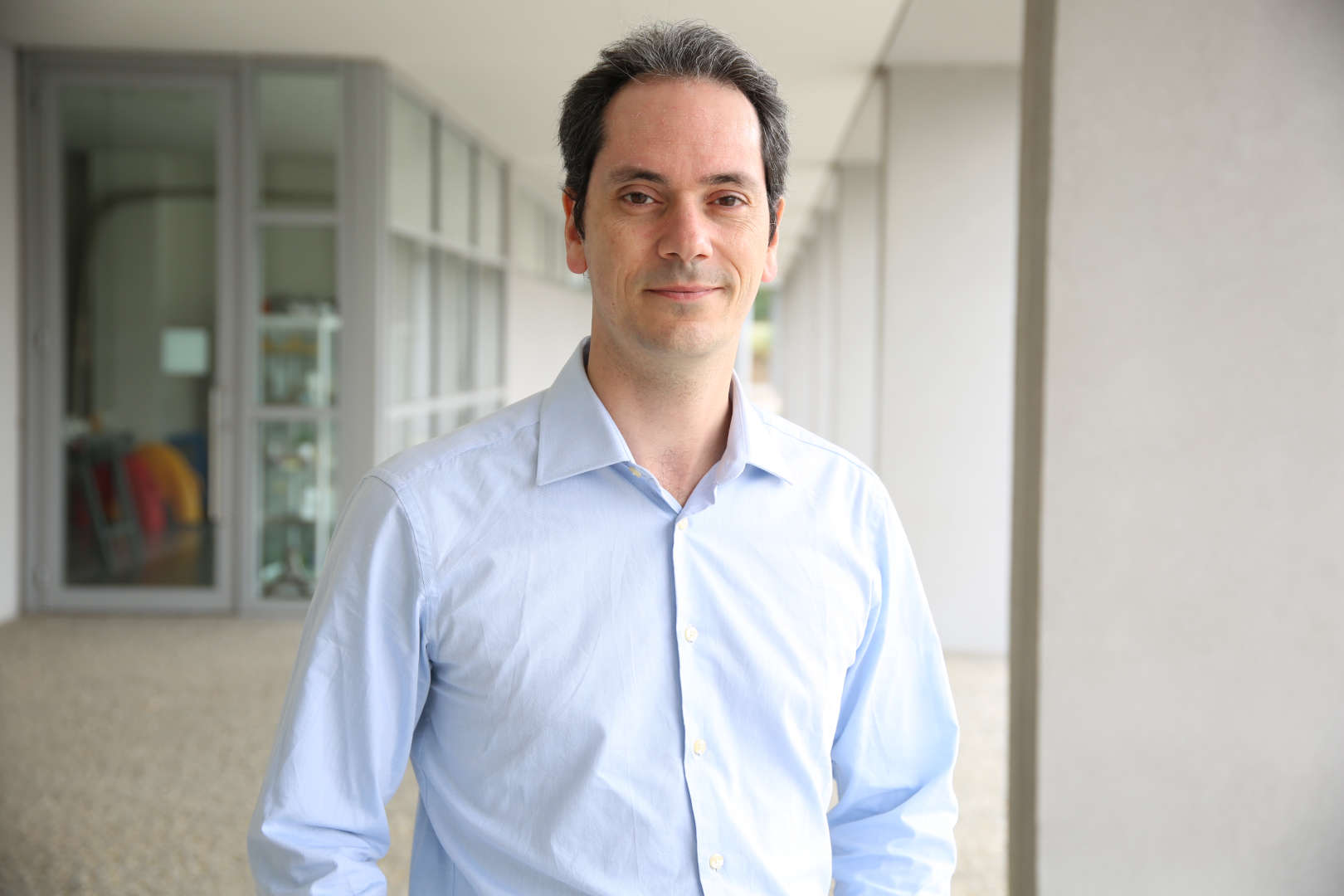About
I'm an Assistant Professor at the Department of Informatics Engineering at the Faculty of Engineering of University of Porto (FEUP), lecturing courses on Software Engineering, Agile Software Development and Software Architecture (frameworks and patterns). I'm a researcher at the Software Engineering Research Group at FEUP, conducting work aimed at collaborative software knowledge management and software engineering education, and a senior investigator at INESC TEC and member of the international Hillside Group. My PhD thesis on Software Engineering was entitled “Patterns and Tools for improving Framework Understanding: a Collaborative Approach”. My most recent research interests are applying game-like techniques to improve software engineering education.


